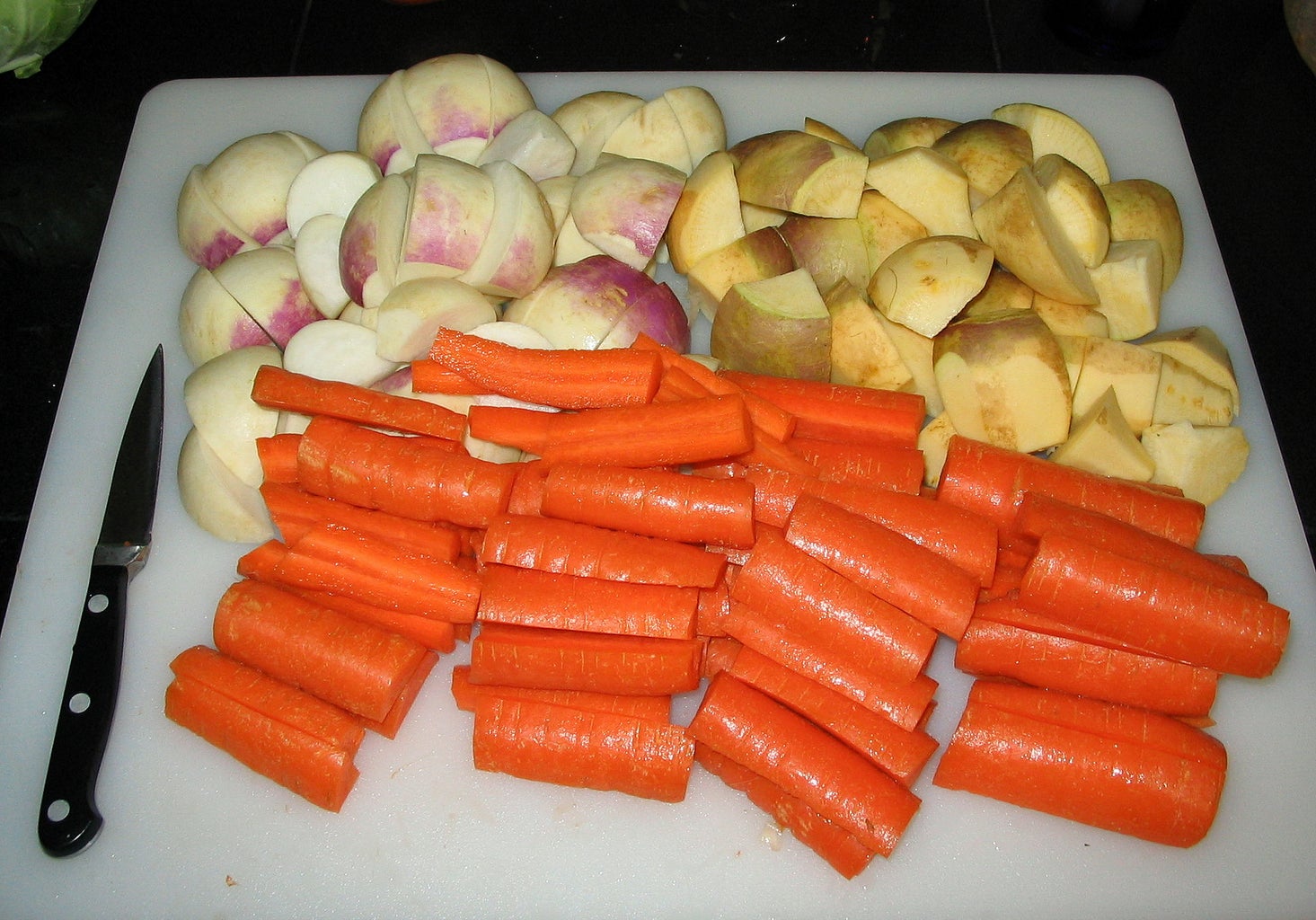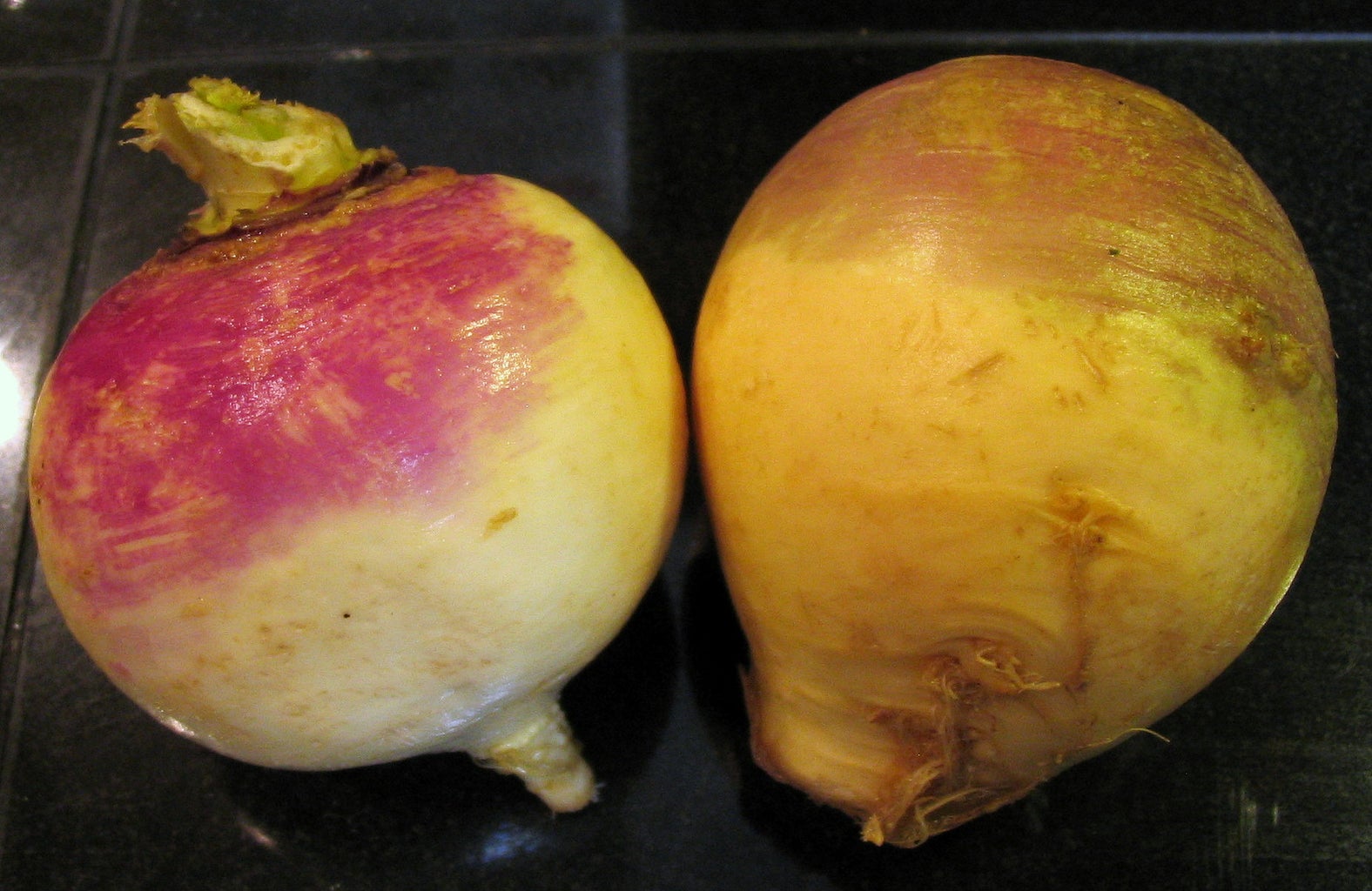Corned beef and vegetables is a delicious one-pot meal that is perfect for celebrations like St Patrick’s Day or anytime you are craving some hearty comfort food. While the corned beef needs to cook for hours to become tender, the vegetables only require a fraction of that time. Knowing how long to cook the vegetables is key to ensuring they are done at the same time as the beef and have the ideal texture
In this article, we will cover everything you need to know to cook vegetables like a pro alongside your corned beef. We will discuss optimal timing, the best cooking techniques, common mistakes to avoid, and tips for ensuring flavorful, properly cooked vegetables every time. Keep reading for the inside scoop on cooking up the perfect pot of corned beef and veggies.
When to Add Vegetables to Corned Beef
The first key factor in cooking vegetables with corned beef is knowing when to add them to the pot. The general recommendation is to add starchy vegetables like potatoes and carrots about 1 hour before the corned beef is fully cooked. This gives them enough time to become tender but still retain their shape.
More delicate vegetables like cabbage and onions should be added 30-45 minutes before the end. This prevents overcooking which can lead to mushy vegetables. Always test doneness with a fork rather than relying on time alone. Vegetables are done when they can be easily pierced but still have a pleasant firmness.
Cooking Time for Common Vegetables
Here is a breakdown of approximately how long it takes to cook some popular vegetables with corned beef:
- Potatoes – 45 minutes to 1 hour
- Carrots – 45 minutes to 1 hour
- Cabbage – 30-45 minutes
- Onions – 30-45 minutes
- Turnips – 45-60 minutes
- Parsnips – 45-60 minutes
The exact time will vary based on the size and quantity of vegetables as well as temperature, altitude and other factors. Checking doneness periodically by taste is the best way to prevent under or overcooked vegetables.
Best Cooking Techniques
- Cut vegetables evenly – This allows for consistent cooking. Go for 1-2 inch cubes or wedges.
- Don’t overcrowd – Vegetables need space to cook evenly. Use a single layer.
- Add aromatics – Onions, garlic, herbs enhance flavor.
- Check doneness frequently – The only way to prevent under or overcooking.
- Use tongs for removal – Prevents vegetables from breaking apart.
Common Mistakes
It’s easy to go wrong with vegetable cooking timing when making corned beef. Here are some key mistakes to avoid:
- Adding vegetables too early – leads to mushy, overcooked texture
- Leaving vegetables in too long – also causes mushiness
- Failing to monitor doneness – leads to under or overcooked vegetables
- Overcrowding vegetables – prevents even cooking
- Not adding enough liquid – causes scorching or uneven cooking
Pro Tips for Delicious Vegetables
Follow these expert tips for getting your vegetables cooked to perfection every time:
- Add aromatics like garlic and onions for more flavor
- Toss vegetables in beef drippings for added richness
- Season with salt, pepper and herbs for a flavor boost
- Add a splash of beer or wine to the pot for depth
- Finish with a drizzle of olive oil andacid like lemon juice
- Garnish with fresh parsley or chives for color
Don’t Forget the Horseradish!
No corned beef and cabbage dinner is complete without a generous dollop of zesty horseradish sauce. The bright, peppery flavor perfectly cuts through the richness of the beef. To make it, simply combine prepared horseradish with mayonnaise and season with mustard, salt and pepper. Adjust to taste and serve alongside the hot corned beef and vegetables. The bold, tangy sauce takes this comforting classic to the next level!
With the right techniques, adding vegetables to corned beef is easy and rewarding. Follow the tips above for properly timed, flavorful and texturally perfect potatoes, carrots, cabbage and more. Mastering the simple art of cooking vegetables with corned beef will give you a hearty, soul-warming meal to enjoy year after year. From preparation to plating, you now have the inside scoop on making this traditional favorite like a pro.

Step 3: Chop and Boil Veggies

Step 2: Select Veggies

How to Cook Corned Beef with Vegetables: Cooking with Kimberly
FAQ
How to cook vegetables with corned beef?
When corned beef has cooked for 2 hours, add potatoes and carrots; cook until vegetables are almost tender, about 10 minutes. Add cabbage and continue to cook until potatoes are tender, about 15 more minutes. Remove meat and let rest for 15 minutes.
What is the cooking time for corned beef?
Sprinkle seasoning packet over beef, then pour in water until potatoes are almost covered. Cover with a lid or heavy aluminum foil. Roast in the preheated oven until corned beef is so tender it can be flaked apart with a fork, about 5 to 6 hours.
Can you overcook corned beef and cabbage?
Can you overcook corned beef? Yes, you can. Corned beef can become very tough and hard to chew if cooked too long. Do not over cook it.
What happens if you don’t rinse corned beef before cooking?
-
Facebookhttps://www.facebook.comIs it necessary to rinse your corn beef before cooking and do you …Mar 16, 2022 — Is it necessary to rinse your corn beef before cooking and do you have to take seasoning off afterwards? … Yep, I do both. … Rinse it well or it…
